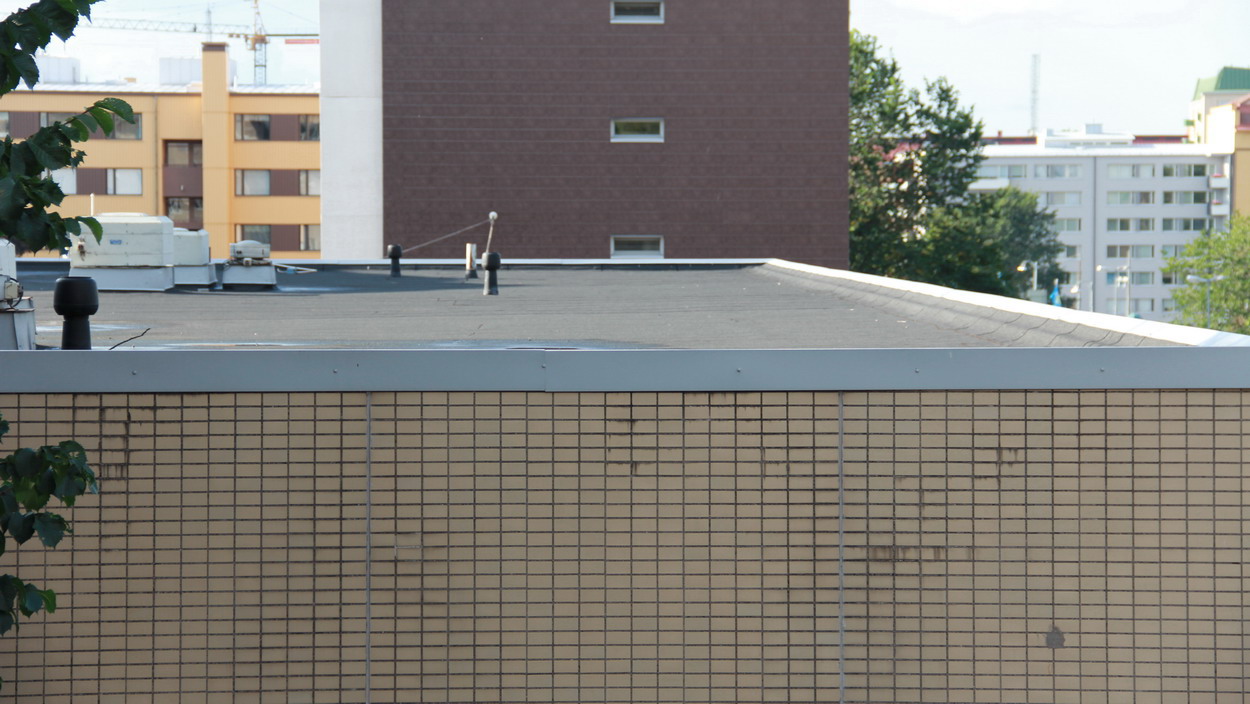Flat Roof Systems 101
Most commercial buildings utilize a flat roof system. Why? Heating and ventilation equipment can take up quite a bit of space. If your building has a flat roof, these items can be stored up there. 
Which Flat Roof System Option Is Best for the Job?
In the past, only commercial properties used flat roofing. However, as more homeowners want rooftop gardens and terraces, flat roof systems have now become popular for homes as well. You may be sold on the benefits of a flat roof over a pitched or sloped roof, but how do you know what material is best for your flat roof? Here are some of the most common questions homeowners and commercial property managers ask when deciding what flat roof systems to choose from.
What Is the Best Material to Put on a Flat Roof?
“Best” is relative and ultimately comes down to budget, preference, and the environment. Below are some of the most common options when it comes to flat roofing systems:
- EPDM Rubber (Ethylene Propylene Diene Monomer)
- PVC (Polyvinyl Chloride)
- Modified bitumen
- Built-up roof
- Metal
- Solar
However, with both commercial and residential roofing, metal roofs tend to yield the most benefits.
How many years does a flat roof last?
Flat roofs can last for decades, depending on which one you choose. To prevent damage to assets from potential leaks and structural problems, contractors recommend replacing them about every 15 years. BUR roof lasts for 15 to 20 years. Modified bitumen, PVC, and solar roofs last for about 20 years. EPDM lasts for 25 to 30 years. However, metal roofs are an exception. Metal roofs rarely need to be replaced in a homeowner’s lifetime, lasting anywhere between 50 and 100 years. The construction of metal roofs minimizes water damage during heavy rain and harsh storms, preventing potential issues that can lead to a replacement.
Are Flat Roofs Cheaper?
Flat roofs cost significantly less than pitched roofs to install. However, maintenance and repairs with most flat roofing materials are more expensive. You may also need to repair them more often due to drainage problems. This is yet another reason why metal roofing is the superior option. As mentioned above, metal roofing is designed to withstand harsher weather and reduce drainage issues. Because of this, metal roofs do not need to be repaired or replaced as often as other materials, saving you time and money.
If you need help making a decision or you’re ready to get started, choose Ja-Mar Roofing & Sheet Metal for your roofing needs. Call 512-441-8437 or email us today to learn more about your roofing options.




